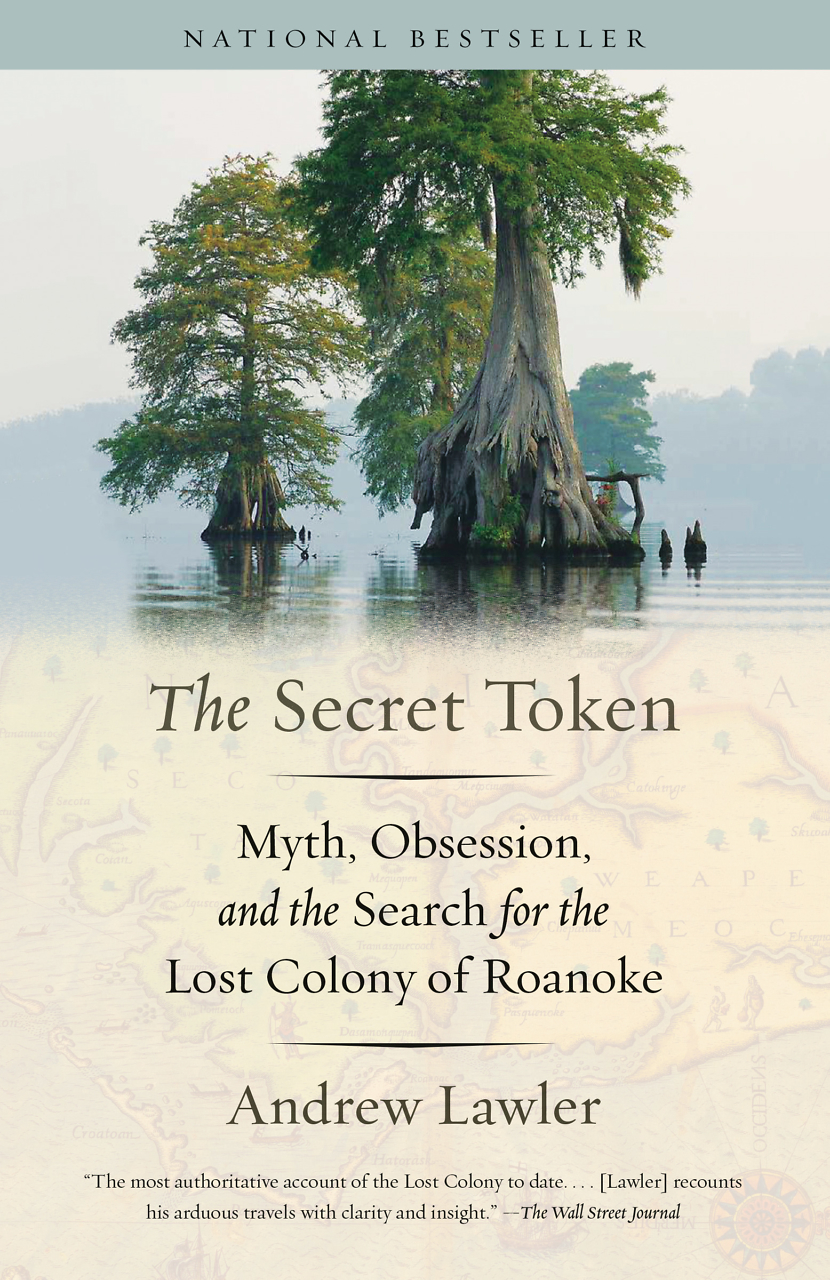Trouble in Tammyland
Emily Arsenault sets her latest mystery in Nashville (sort of)
Emily Arsenault made a literary splash in 2009 with her first novel, The Broken Teaglass. Set in the editorial offices of a dictionary-publishing company, the story’s clever wordplay provides a fun counterpoint to the darkness of the central mystery. In 2011, Arsenault won praise with In Search of the Rose Notes, her second atypical mystery, in which friends must dig through their pasts—and their former interest in the paranormal—to learn how an old friend died. In her third novel, Miss Me When I’m Gone, Arsenault remains true to form, presenting an unconventional mystery in which book manuscripts offer clues to the past and country songs provide the background music.
The “detective” in Miss Me When I’m Gone is Jamie, a pregnant reporter in Massachusetts and the college buddy of bestselling author Gretchen Waters. The friendship has lasted over the years more out of habit—combined with Jamie’s hatred of good-byes—than true closeness, but when Gretchen falls to her death one night after a reading at a small-town library in neighboring New Hampshire, Jamie heads for the funeral, remembering a recent email that hinted at Gretchen’s unhappiness. Quicker than a Tennessee waltz, Jamie agrees to become Gretchen’s literary executor and begins to assemble the scattered drafts and notes for what was to have been her friend’s second book. In this jumble of words Jamie discovers what was driving Gretchen to write: memories of a troubled past only hinted at in their late-night gab fests during college.
 The story within the mystery is Gretchen’s book, Tammyland, a memoir inspired by her love of country music. Miss Me When I’m Gone contains multiple excerpts of Tammyland, the story of Gretchen’s divorce and the solace she finds during a road trip to Nashville. Tammy Wynette, Loretta Lynn, Dolly Parton, and the Carter Family are the stars Gretchen admires, women who overcame adversity in their private lives and careers and whose songs chronicle the sorrow and loss understood by anyone with a broken heart. “There’s no glitter or sass with the Carter Family,” Gretchen observes in one Tammyland passage. “Since their material is primarily Appalachian folk songs, there is naturally a lot of suffering and death. And while many of those songs promise the comfort of a heaven beyond, many simply acknowledge life’s difficulties without attempting any reassurances. Life is hard.” And death, which takes Gretchen on a stone stairway in New Hampshire, isn’t any easier.
The story within the mystery is Gretchen’s book, Tammyland, a memoir inspired by her love of country music. Miss Me When I’m Gone contains multiple excerpts of Tammyland, the story of Gretchen’s divorce and the solace she finds during a road trip to Nashville. Tammy Wynette, Loretta Lynn, Dolly Parton, and the Carter Family are the stars Gretchen admires, women who overcame adversity in their private lives and careers and whose songs chronicle the sorrow and loss understood by anyone with a broken heart. “There’s no glitter or sass with the Carter Family,” Gretchen observes in one Tammyland passage. “Since their material is primarily Appalachian folk songs, there is naturally a lot of suffering and death. And while many of those songs promise the comfort of a heaven beyond, many simply acknowledge life’s difficulties without attempting any reassurances. Life is hard.” And death, which takes Gretchen on a stone stairway in New Hampshire, isn’t any easier.
As the protagonist of a mystery, Jamie seems at first glance ill equipped. She has plenty of things besides a possibly suspicious death to worry about, being pregnant and underemployed principal among them. Her sleuthing is complicated by a husband who worries that she is getting involved in things that may be dangerous. He is, of course, correct, but the chance to immerse herself in her friend’s life blinds Jamie to the risk. As the story unfolds, it becomes obvious that these are all the classic elements of mysteries—Arsenault has simply created another version of the hero who must overcome personal flaws to bring the villain to account. Jamie is a modern Sam Spade, without the gun and hard-boiled slang.
In all of her work, Arsenault delves into the relationships on which the human world is built: husband-wife, mother-child, teacher-student, doctor-patient, and more. In the friendship of Jamie and Gretchen, she explores the way two people who are not all that much alike can be bound together, forming a lasting alliance. In their case, a shared attitude toward men is enough to forge a bond: “There seemed to be a silent understanding between us that guys and relationships were not to be discussed for great lengths of time or with too much emotional investment. We were smart, well-rounded young women who had a number of other things to talk about. A guy was rarely any more of a crisis than a cash-flow problem or a mid-term exam.” The fact that relationships with men lie at the heart of this mystery merely makes Jamie’s job more difficult, and provides Miss Me When I’m Gone with an ironic heart worthy of a country song.


